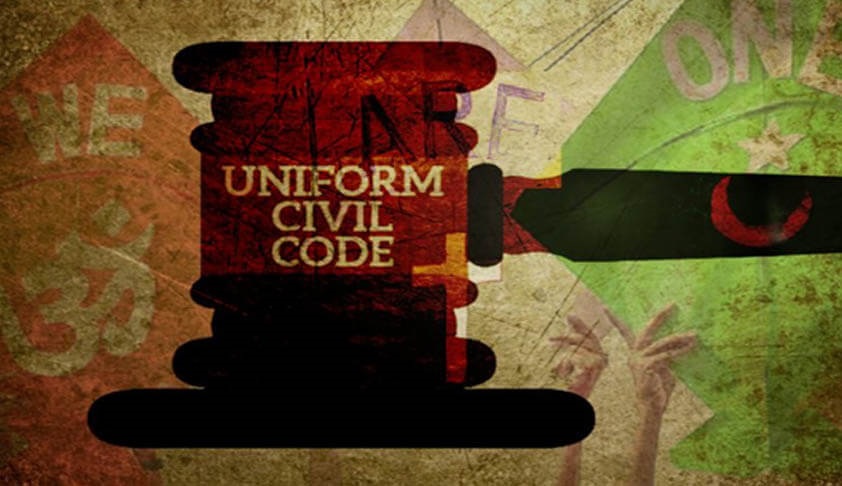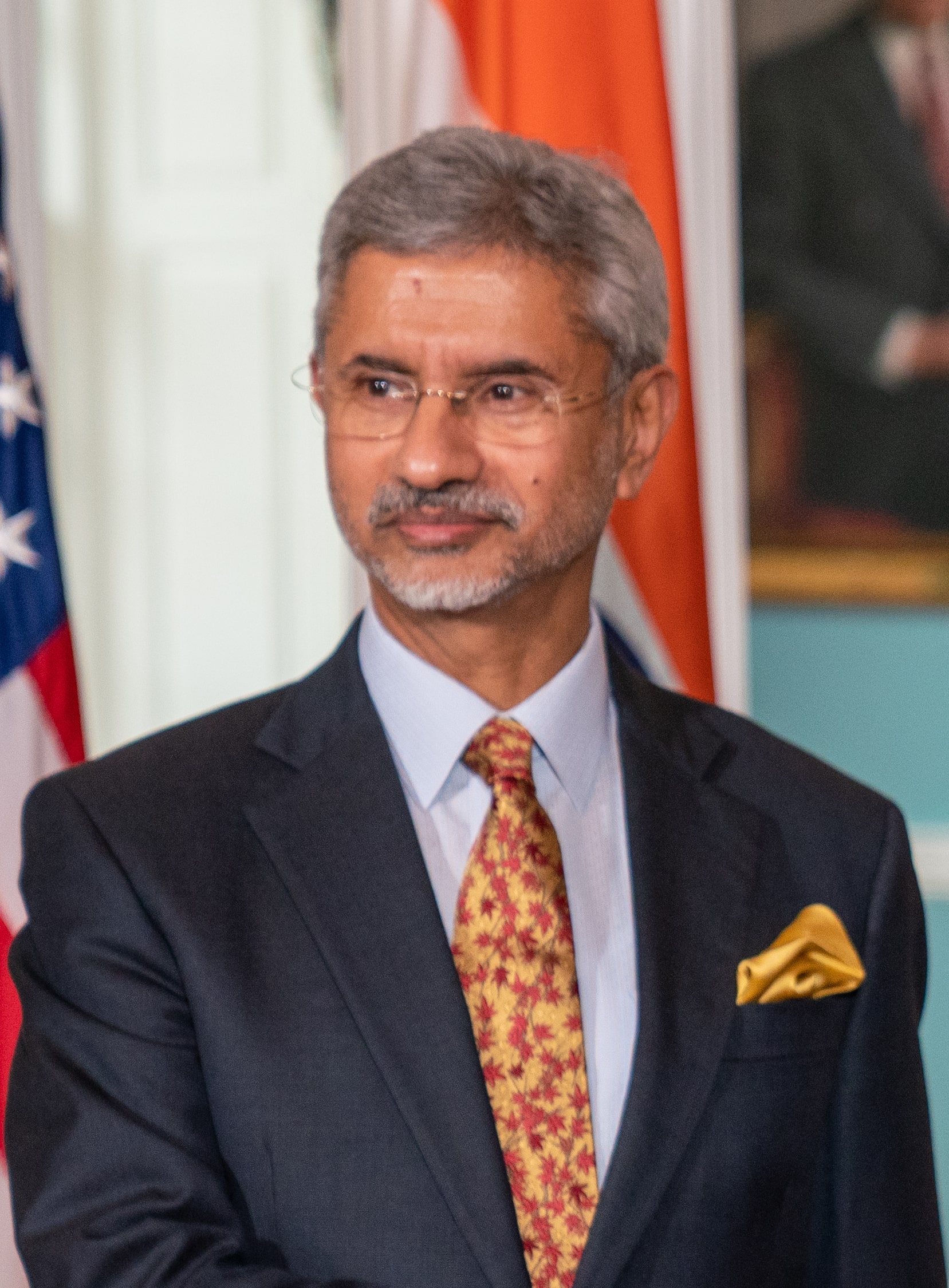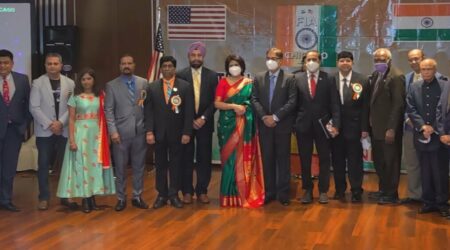The Delhi high court has backed the need for a Uniform Civil Code (UCC) in India and asked the Centre to take the necessary steps in this matter. The court noted that the modern Indian society is gradually becoming “homogeneous”, dissipating ‘traditional barriers’ of religion, community, and caste, and in view of these changing paradigms, a uniform civil code is in order.
The judgment was passed by Justice Prathiba M Singh on July 7 on a plea involving the applicability of the Hindu Marriage Act, 1955, in respect of parties belonging to the Meena community.
While going over the case, Justice Singh observed that courts have been repeatedly confronted with the conflicts that arise in personal laws. People belonging to various communities, castes, and religions, who forge marital bonds, struggle with such conflicts, she observed.
“The youth of India belonging to various communities, tribes, castes, or religions who solemnize their marriages ought not to be forced to struggle with issues arising due to conflicts in various personal laws,” Justice Singh said, adding, “especially in relation to marriage and divorce.”
The Delhi high court judge said that a Uniform Civil Code in India, as envisioned under Article 44 of the Constitution, has been “reiterated from time to time” by the Supreme Court. Such a civil code would be “common to all”, the court said, and would enable uniform principles to be applied in matters of marriage, divorce, and succession. This will reduce conflicts and contradictions within the society that arise from various personal laws, the court observed.
The UCC essentially refers to a common set of laws governing personal matters such as marriage, divorce, adoption, inheritance, and succession for all citizens of the country, irrespective of religion. Currently, different laws regulate these aspects for adherents of different religions and a UCC is meant to do away with these inconsistent personal laws.
These laws include the Hindu Marriage Act, Hindu Succession Act, Indian Christian Marriages Act, Indian Divorce Act, Parsi Marriage and Divorce Act. However, Muslim personal laws are not codified and are based on their religious texts, though certain aspects of these are expressly recognized through laws such as the Shariat Application Act and Dissolution of Muslim Marriages Act.












